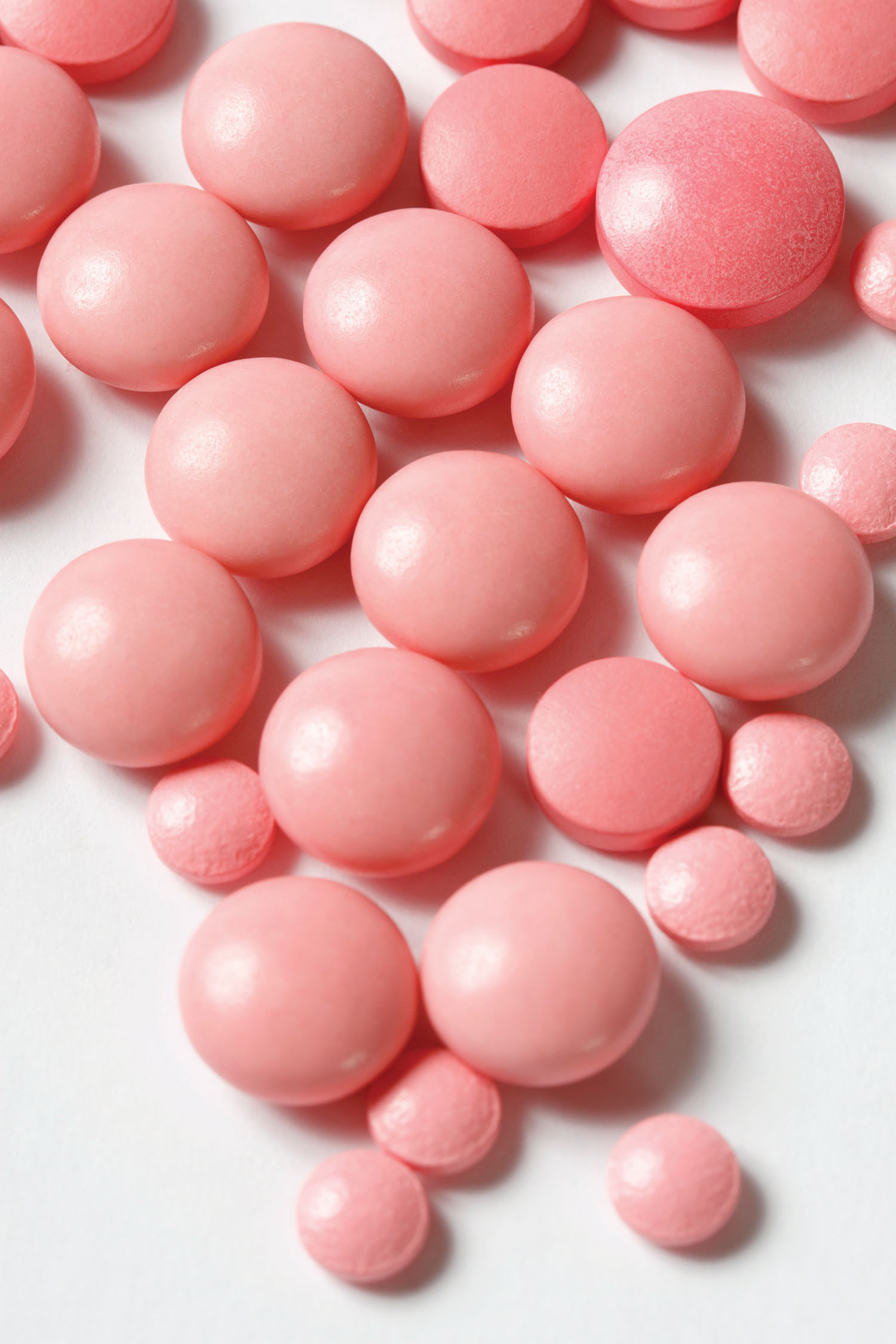
Trying to lose weight? Be careful not to lose muscle

Is your skin problem actually an autoimmune condition?

People with diabetes face higher risk of hearing loss

Antibiotic-free fixes for recurrent UTIs

Musculoskeletal syndrome of menopause: When menopause makes you ache all over

When can older women stop getting mammograms?

To lose weight, especially harmful belly fat, combine diet and exercise

Can men hold off on treating recurring prostate cancer?

The 7 types of rest and why we need them all

What are the early warning signs of cervical cancer?
Women's Health Archive
Articles
Are bioidentical hormones superior to hormone medications?
Bioidentical hormone preparations aren't superior to FDA-approved hormone medications and may bring additional risks.
Embryo donation: One possible path after IVF
In vitro fertilization (IVF) has helped countless people who were unable to conceive to have children. Frequently, the process results in additional embryos remaining, eventually leading to the question of what to do with them. Embryo donation is one of several options and deciding which path to pursue may not be easy.
Understanding menstrual changes
Risk factors for benign breast conditions identified
A new targeted treatment for early-stage breast cancer?
Breast cancer is the most commonly diagnosed cancer in women and treatment strategies vary by subtype, stage, and more. A new targeted therapy may help some women with early-stage breast cancer linked to BRCA gene mutations.
Wondering about COVID-19 vaccines if you're pregnant or considering pregnancy?
Careful! Health news headlines can be deceiving
Eye-catching media headlines are intended to snag our attention and can influence whether we decide to read, click on, or tune into a story. When it comes health and medicine, though, it's best to be careful: headlines may be written in a way that is misleading, confusing, or deceptive, so understanding the thinking behind them and focusing on the facts is important.
Preventing preeclampsia may be as simple as taking an aspirin
Preeclampsia is a complication of pregnancy that can cause serious health issues. While it can happen during any pregnancy, certain risk factors increase its likelihood. Now, a statement from the US Preventive Services Task Force supported by a review of research recommends that doctors prescribe a low-dose daily aspirin for those at risk.
Menopause and memory: Know the facts
The number of people in the US with Alzheimer's disease is expected to climb drastically over the coming decades, and two-thirds of those people will be women. Understanding factors that happen earlier in life, and how they impact the brain later, is critical for developing strategies to prevent this public health crisis. Studies are examining the ways menopause affects the brain and how to maintain memory.
If it’s not breast cancer, should you worry?

Trying to lose weight? Be careful not to lose muscle

Is your skin problem actually an autoimmune condition?

People with diabetes face higher risk of hearing loss

Antibiotic-free fixes for recurrent UTIs

Musculoskeletal syndrome of menopause: When menopause makes you ache all over

When can older women stop getting mammograms?

To lose weight, especially harmful belly fat, combine diet and exercise

Can men hold off on treating recurring prostate cancer?

The 7 types of rest and why we need them all

What are the early warning signs of cervical cancer?
Free Healthbeat Signup
Get the latest in health news delivered to your inbox!
Sign Up











